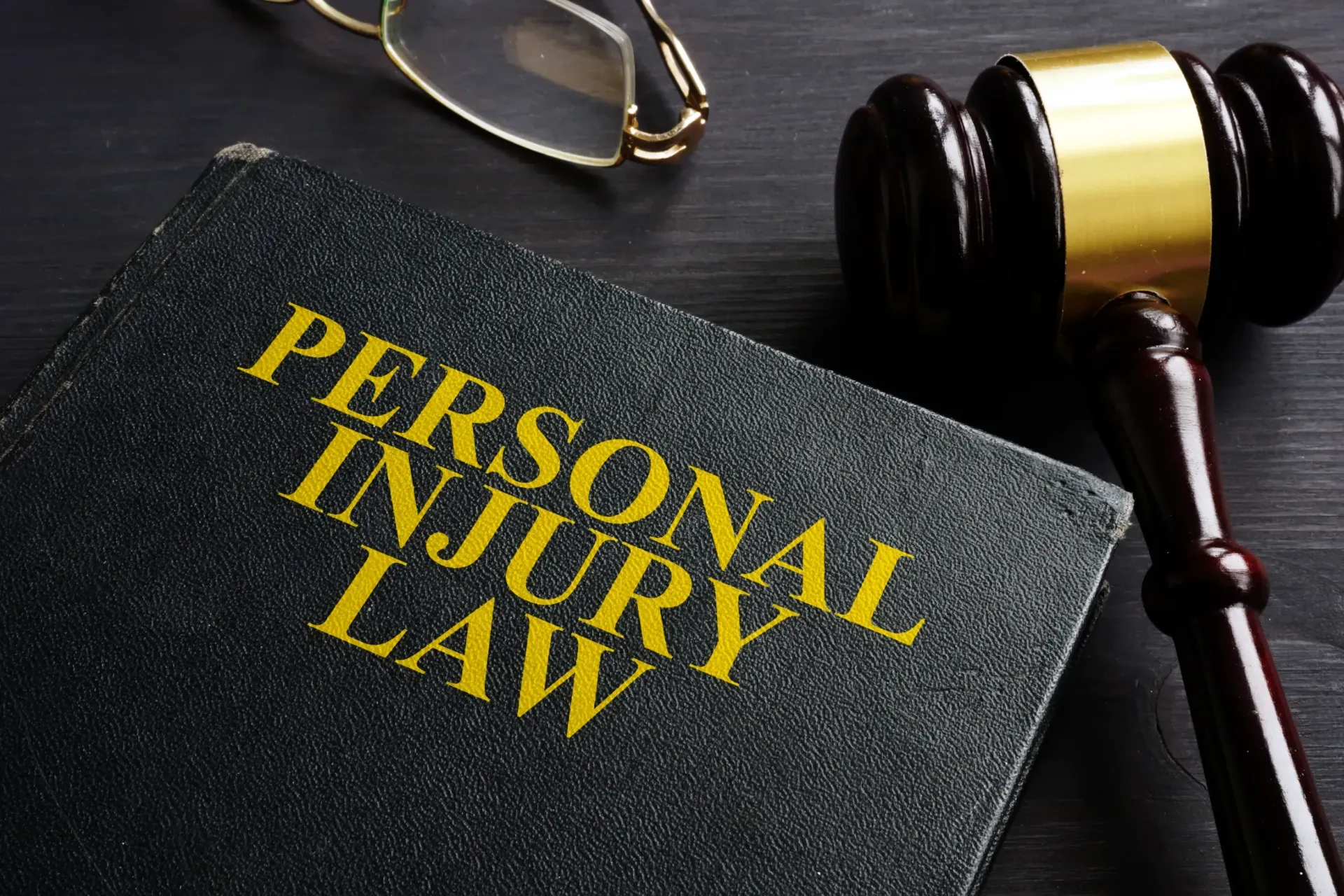Contact Us
Phone: 713-322-9626
Location
3518 Travis Street
Suite 100
Houston, TX 77002
Hours
- Mon - Sun
- Open 24 Hours
The Impact of Social Media on Personal Injury Cases
Learn the Power of A Post in Your Personal Injury Case
In our digital age, social media has become a treasure trove of evidence, especially in personal injury cases. Posts, photos, and updates shared on platforms can offer valuable insights into an individual’s activities and well-being before and after an accident. These digital footprints often provide crucial evidence that can impact the outcome of personal injury claims, shedding light on the extent of injuries, daily routines, and overall quality of life following the incident. Understanding the weight of social media posts as evidence Texas is pivotal in establishing a comprehensive case narrative in today’s legal landscape.
Quick Summary:
- In Texas, social media posts can play a significant role in legal proceedings, acting as potential evidence in various cases, including personal injury claims and criminal proceedings, underscoring the importance of understanding their impact within the complexities of Texas law.
- For personal injury cases, social media posts pose risks by potentially providing contradictory evidence, establishing timelines that challenge reported circumstances, carrying a risk of misinterpretation, and highlighting inconsistencies in reported impairments, all of which can significantly impact the credibility and strength of the case.
- Utilizing social media can be beneficial for documenting recovery journeys, connecting with support communities, and providing tangible evidence through posts showcasing the true extent of injuries, while also offering a means to chronicle the impact on daily life and potentially revealing bad faith on the part of the opposition.
- In personal injury cases, balance social media use: control privacy, reject new connections, stay silent on the case, and be cautious in posts to optimize legal strategy and avoid pitfalls.
Can Social Media Posts Be Used Against You in Texas?
In the heart of legal battles, the digital footprint left on social media has become a pivotal focal point, especially in Texas. The question lingers: Can your social media posts come back to haunt you in the Lone Star State? From personal injury claims to criminal cases, the content shared on platforms has emerged as potential evidence, capable of shaping the outcome of legal disputes. Understanding the weight and reach of these digital breadcrumbs is crucial in navigating the complex landscape of Texas law.
What are the Risks of Social Media Posts in Personal Injury Cases?
Social media posts wield considerable influence in personal injury cases, particularly in Texas. They can significantly impact your case by providing a narrative about your activities, well-being, and the aftermath of the incident. Posts, comments, images, and check-ins can either corroborate or contradict claims of injury or impairment, affecting the credibility of your case.
- Contradictory Evidence: Posts may inadvertently showcase activities conflicting with reported injuries, undermining credibility.
- Timeline Establishment: Location tags and timestamps might unintentionally create timelines that challenge the reported circumstances of the incident.
- Misinterpretation Risk: Sharing information or opinions could be misconstrued, affecting the perception of the case’s validity.
- Inconsistencies: Posts might highlight inconsistencies in reported impairments or limitations, impacting the case’s strength.
What are the Benefits of Using Social Media For Personal Injury?
In the realm of personal injury, leveraging social media can yield significant advantages. From connecting with support communities to documenting recovery journeys, social platforms offer a space to share experiences and gather invaluable emotional support. Additionally, they serve as a means to chronicle progress, potentially aiding in demonstrating the impact of an injury on one’s life.
- Evidence of Injuries Displayed: By sharing updates or images showcasing the true extent of your injuries, social media serves as a powerful tool to substantiate your claims, providing tangible evidence to support your case.
- Impact on Daily Life: Your posts depicting the impact of injuries on your work or hobbies offer a compelling narrative, reinforcing claims for lost wages or diminished quality of life, painting a vivid picture of the injury’s repercussions.
- Revealing Bad Faith: When the opposition disputes your injuries, your social media trail becomes a testament. It showcases their bad faith by directly contrasting their claims with your documented injuries, exposing inconsistencies and strengthening your position.
How Do I Stay Safe Online In A Personal Injury Case?
Navigating the digital landscape during a personal injury case requires cautious steps to safeguard your legal standing. Learning how to protect your online presence becomes crucial in preserving the integrity of your case. From privacy settings to content management, implementing strategies to stay secure online is paramount in protecting sensitive information and upholding the strength of your legal claims.
What are the Do’s and Don’ts of Social Media In Personal Injury Cases?
Navigating social media in personal injury cases demands a delicate balance between strategic use and cautious restraint. Understanding the dos and don’ts can be pivotal in safeguarding your case. From leveraging posts as evidence to avoiding pitfalls that could weaken your position, mastering these guidelines is crucial in optimizing your legal strategy.
- Keep Control with Privacy Settings: Though nothing online stays entirely private, tweaking your settings limits visibility. Set accounts to private, restricting posts to friends or followers, and preventing adversaries like insurance reps or attorneys from accessing potentially detrimental content.
- Reject New Connections: During legal proceedings, avoid new friend or follower requests. Even if the profile seems familiar, refraining from accepting requests shields your posts from unwanted eyes, maintaining a secure digital perimeter.
- Silence on Case Matters: Resisting the urge to spill case details on social media is key. Avoid any discussion about the accident, injuries, or lawsuit. A silent approach safeguards against any unintentional ammunition for the opposition.
- Mind All Posts: Consider a social media hiatus during your case. Every post carries weight and could be misconstrued. A seemingly innocuous update might undermine your injury claims, so a cautious approach ensures no misinterpretations.
Understand the Impact of Social Media on Your Personal Injury Case
In personal injury cases in Texas, the use of social media posts as evidence holds substantial weight. These posts, including images, updates, and comments on platforms like Facebook, Twitter, and Instagram, are scrutinized as crucial evidence. They serve to either corroborate or challenge claims, offering insights into the extent of injuries, impact on daily life, and potential inconsistencies. Lawyers in Texas leverage social media content strategically, recognizing its significance in shaping the narrative and strengthening the evidential support for personal injury claims.
If social media posts are being used against you in a personal injury case, get in touch with a personal injury lawyer who can help you every step of the way. Social media posts as evidence TX can be quite complex and incriminating, but our lawyers at Leeds Law Firm will stand by your side. We can also help in the following practice areas:
- Personal Injury
- Employment Law
Don’t let your posts steer you away from the truth. Schedule a free consultation now!







Schedule a Case Evaluation
Contact us now!
Please do not include any confidential or sensitive information in a contact form, text message, or voicemail. The contact form sends information by non-encrypted email, which is not secure. Submitting a contact form, sending a text message, making a phone call, or leaving a voicemail does not create an attorney-client relationship. The information on this website is for general information purposes only. Nothing on this site should be taken as legal advice for any individual case or situation. This information is not intended to create, and receipt or viewing does not constitute an attorney-client relationship.
All Rights Reserved | Leeds Law Firm, PLLC | Powered By Convert It Marketing | Privacy Policy
All Rights Reserved | Leeds Law Firm, PLLC | Powered By Convert It Marketing | Privacy Policy






